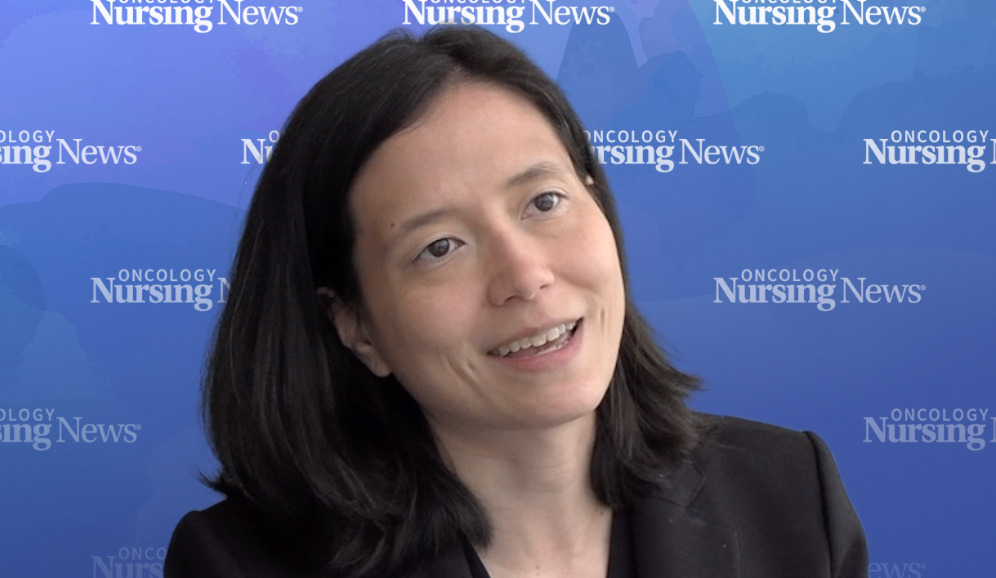Ask the Next Question: Take a Deeper Dive When Talking to Patients and Families
While we should often dive deeper and ask the next question, we should also facilitate the patient and family to do the same with us.
Often, an especially poignant interaction in clinical practice serves as a critical learning point for us. Such was my case as it related to an encounter with a family member around sharing “bad news.”
I knew the elderly patient and his daughter from previous admissions. My first encounter was at the time of the patient’s initial diagnosis of lung cancer. He was admitted because of extreme shortness of breath from pleural effusions. I learned then that the patient and his wife had been divorced for many years. The young adult daughter, an only child, was extremely close to her father. The new cancer diagnosis was devastating for them both, but they chose to remain hopeful for a positive outcome. The patient’s second hospitalization occurred 4 months following his completion of chemotherapy. He was admitted in extreme pain associated with diffuse bone metastases. The patient received radiation therapy which abruptly decreased his pain. Now, 2 months later, he experienced severe seizures that required a hospital stay to administer steroids and start emergent radiation therapy. I questioned the daughter’s understanding of her father’s status. I knew these seizures from brain metastases were an ominous sign. Her father was going to die — most likely within months. I wanted to determine if the daughter was aware of the gravity of her father’s situation.
When she came to the oncology unit, I asked if she had a few minutes to talk. We sat in the family room and I queried, “Tell me what your understanding is of your dad’s status.” She then relayed that her father had being diagnosed with primary lung cancer and received a course of chemotherapy, but the cancer returned and subsequently had spread to his bones. Now it was in his brain, she said. This indeed was an accurate depiction. The words she used were correct. But something told me to dive a bit deeper into her comprehension of these words. Hence, I then asked, “And what does that mean that his cancer has spread to his brain?” She replied, “Well his cancer spread before to his bones and he received radiation which took all his pain away. So now that he is getting radiation again, I am sure it will take care of those spots on his brain.”
While this exchange occurred 3 decades ago, it remains with me to this day. It was a personal turning point. This interaction enhanced my awareness about words not necessarily reflecting comprehension. As oncology nurses, we must remember that when patients and families enter our world, it is one characterized by a new language that is underscored by a current of considerable anxiety. Thus, we must always keep in mind several caveats.
First, the use of words and knowing their meaning are 2 distinct entities. We must pursue questioning that ensures meaning matches words. Second, we must never assume that just because we said something once, that patients and families “got it.” This is a totally unrealistic judgment call. Reinforcement of teaching is always required. And third, within the context of giving negative news, we should always allow additional questioning by the recipient to facilitate their framing it within a personal context. Give them the time to ask, “What did you say again?” “What does that mean?” “Did I hear you right in saying that this won’t take all the cancer away?” While we should often dive deeper and ask the next question, we should also facilitate the patient and family to do the same with us.




